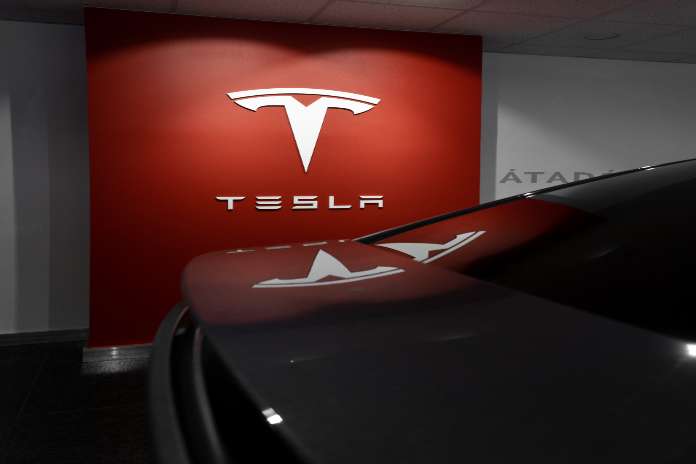Tesla Inc. (NASDAQ:TSLA) CEO Elon Musk’s recent endorsement of Donald Trump for the 2024 U.S. Presidential election has sparked widespread discussion, particularly regarding its potential impact on Tesla stock risks. As the head of the world’s most valuable electric vehicle (EV) company, Musk’s political alignment with Trump raises concerns among investors, given the former president’s contrasting views on climate change and renewable energy. This article delves into the potential risks Tesla faces as a result of Musk’s political positioning.
Musk’s Endorsement and Trump’s Climate Stance
Elon Musk’s support for Trump is seen as a controversial move, especially considering Trump’s history of climate change skepticism. During his first term, Trump pulled the U.S. out of the Paris Climate Agreement, a decision that prompted Musk to resign from Trump’s economic advisory council. Despite these past differences, Musk’s current backing of Trump suggests a complex relationship, where potential personal and business gains might outweigh previous concerns.
Trump has hinted at offering Musk a role in his administration if re-elected, a possibility that could allow Musk to influence key policies. However, Trump’s previous stance on electric vehicles and renewable energy poses a significant risk to Tesla. Trump has discussed rolling back EV tax credits and ending what he refers to as the EV “mandate.” Although such actions may not directly harm Tesla—given its historical resilience even without tax credits—they could impact the broader EV industry, creating a more challenging market environment.
Potential Alienation of Tesla’s Customer Base
Another critical factor in assessing Tesla stock risks is the potential alienation of its customer base. Musk’s increasing alignment with right-wing politics, particularly his support for Trump, has already begun to turn away some liberal and environmentally conscious consumers. Surveys indicate that left-leaning buyers, who were once strong supporters of Tesla, are now reconsidering their choices due to Musk’s political affiliations.
For instance, the German drugstore chain Rossmann recently announced it would no longer purchase Tesla vehicles for its fleet, citing Musk’s support for Trump as a key reason. While the loss of individual customers might not significantly dent Tesla’s overall sales, the broader trend of liberal buyers distancing themselves from the brand could erode its market share over time.
Strategic Gains vs. Increased Risks
Musk’s endorsement of Trump could also be viewed as a strategic move to secure a place at the policymaking table, especially after being sidelined by the Biden administration. Relations between Musk and President Biden have been strained, with Biden notably excluding Musk from key EV strategy discussions in 2021. By aligning with Trump, Musk might hope to gain influence over future policy decisions, which could benefit Tesla and his other ventures.
However, this strategy carries inherent risks. Trump’s volatile nature and unpredictable policy shifts could create an unstable environment for Tesla. Additionally, Trump’s aggressive stance on China could further complicate Tesla’s operations in the country, where it runs its most profitable factory. In the past, Trump’s trade war with China led to calls for boycotts of U.S. brands, a scenario that could resurface and harm Tesla’s position in the Chinese market.
The Bigger Picture: AI and Space Ventures
While the focus is on Tesla, it’s important to consider how Musk’s support for Trump might benefit his other ventures, such as SpaceX and xAI. Trump’s administration has expressed interest in expanding partnerships with the commercial space sector, a move that could favor SpaceX. Additionally, Trump’s stance on AI regulation aligns with Musk’s vision for xAI, his AI startup, which could benefit from fewer restrictions under a Trump administration.
However, these potential gains seem more aligned with Musk’s personally held companies rather than Tesla, raising concerns that the risks associated with his political endorsement might outweigh the benefits for Tesla’s shareholders.
Conclusion
Elon Musk’s decision to back Donald Trump in the 2024 election introduces significant risks for Tesla. While the move could offer Musk strategic advantages in shaping future policies, it also threatens to alienate key customer segments and expose Tesla to unpredictable political and economic challenges. Investors must carefully weigh these Tesla stock risks as the political landscape continues to evolve.
Featured Image: Megapixl



